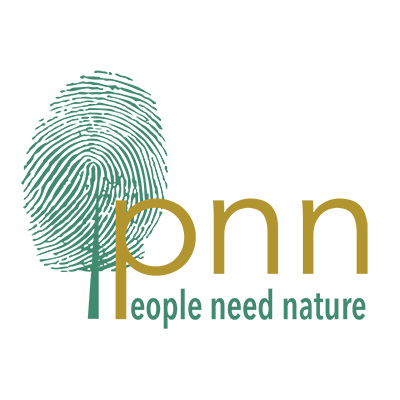This is the home page for the Poundbury Nature for Wellbeing Project.
The Poundbury Nature for Wellbeing Project was supported with funding from the College of Medicine and Integrated Health, Dorset Council, Dorchester Town Council, Poundbury Waitrose and through the Aviva “Save Our Wild Isles” crowdfunder.
We are grateful for the generosity of everyone who donated to the Crowdfunder.

Social Prescribing describes activities that benefit people’s physical and mental health and wellbeing, which can be “prescribed” by health professionals, including GPs. These are activities which aim to complement medical interventions, whether they are pharmaceutical or therapy-based.
The Poundbury Nature for Wellbeing Project was a pilot project which aims were to establish whether mental health and wellbeing benefits could be provided through activities taking place within the Poundbury Nature Project. Its objectives were to assess (1) what green social prescribing activities could be made available (2) will health care professionals utilise these activities and (3) will people benefit from social prescribing activities. The results of the pilot could then be used to making recommendations for other, possibly larger projects.
Funds were raised from the College of Medicine and Integrated Health, the Save our Wild Isles Crowdfunder, Dorset and Dorchester Town Councils, Dorset National Landscape’s Farming in Protected Landscapes programme, Waitrose Poundbury and other generous donations.
Sixteen different kinds of social prescribing activities occurred in 100 sessions of an hour and a half each from November 2023 to September 2024. Activities ranged from a variety of different art techniques, singing and poetry, through to Tai Chi, Yoga, foraging and managing Poundbury’s wildflower meadows. The activities were provided by volunteers and paid experts.
Participants were primarily local residents with a clinical diagnosis of a mild or moderate mental health condition. Referrals were made from Local GP practices, and local primary mental health organisations. A total of 25 referrals were made in total, with 19 participants attending one or more sessions.
Project evaluation used a standard mental health and wellbeing questionnaire, and after the project ended, further questionnaires were used to gain insight into the participants’ experiences and those of the referral organisations.
While participant numbers were too small for statistical analysis, quantitative and qualitative information gained, showed that the activities improved mental health and wellbeing overall for many of those referred. For some participants those improvements were marked and sustained after the end of the project.
Read the full report here, or download it below.
